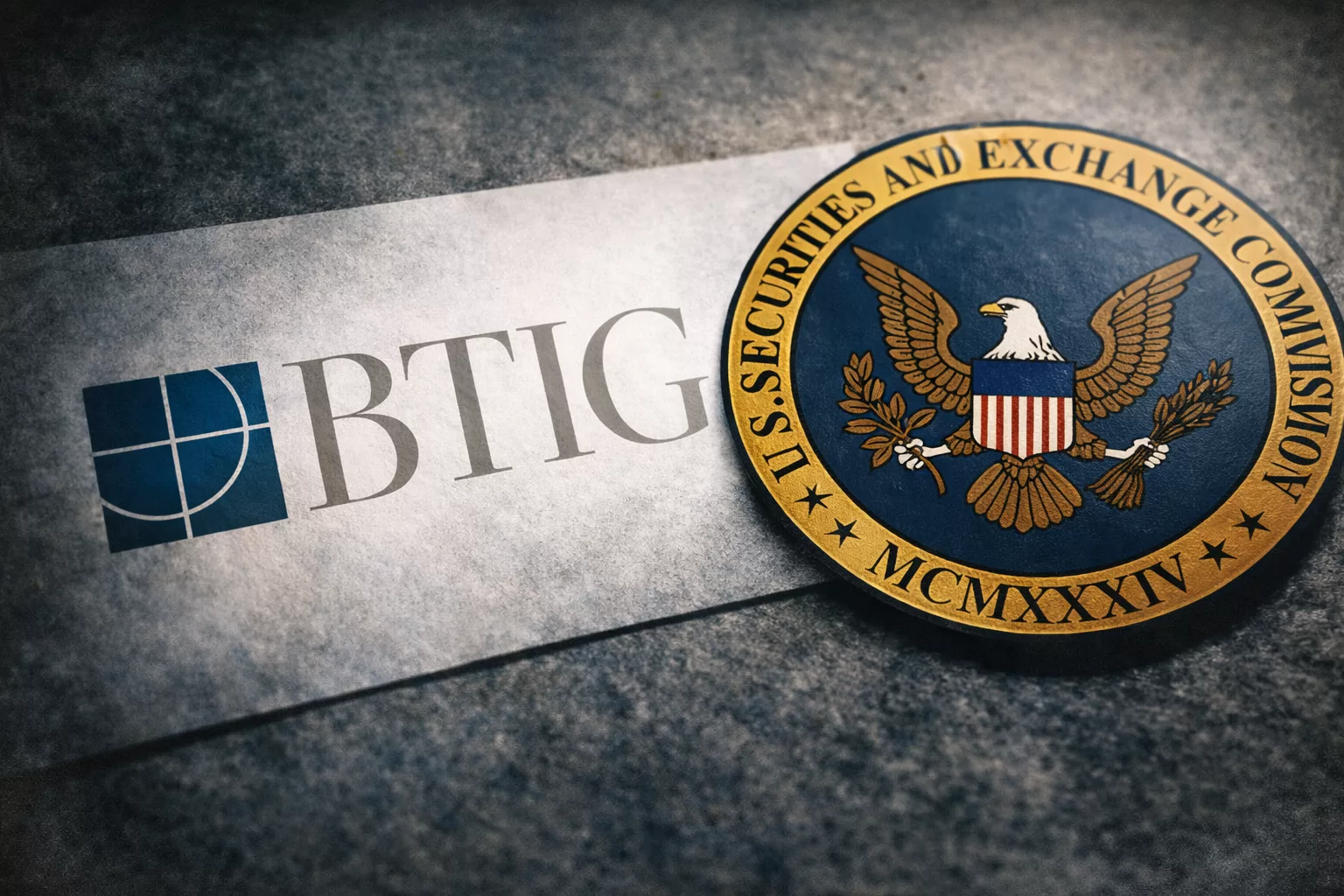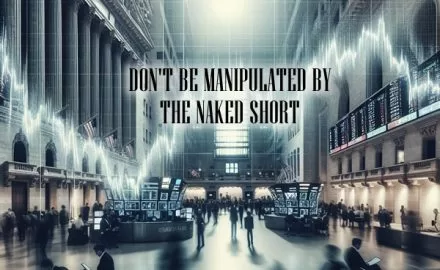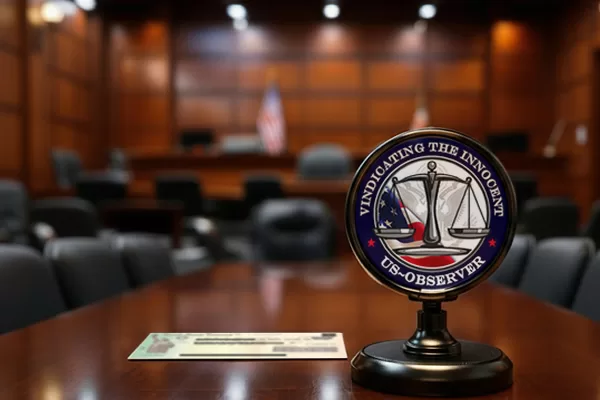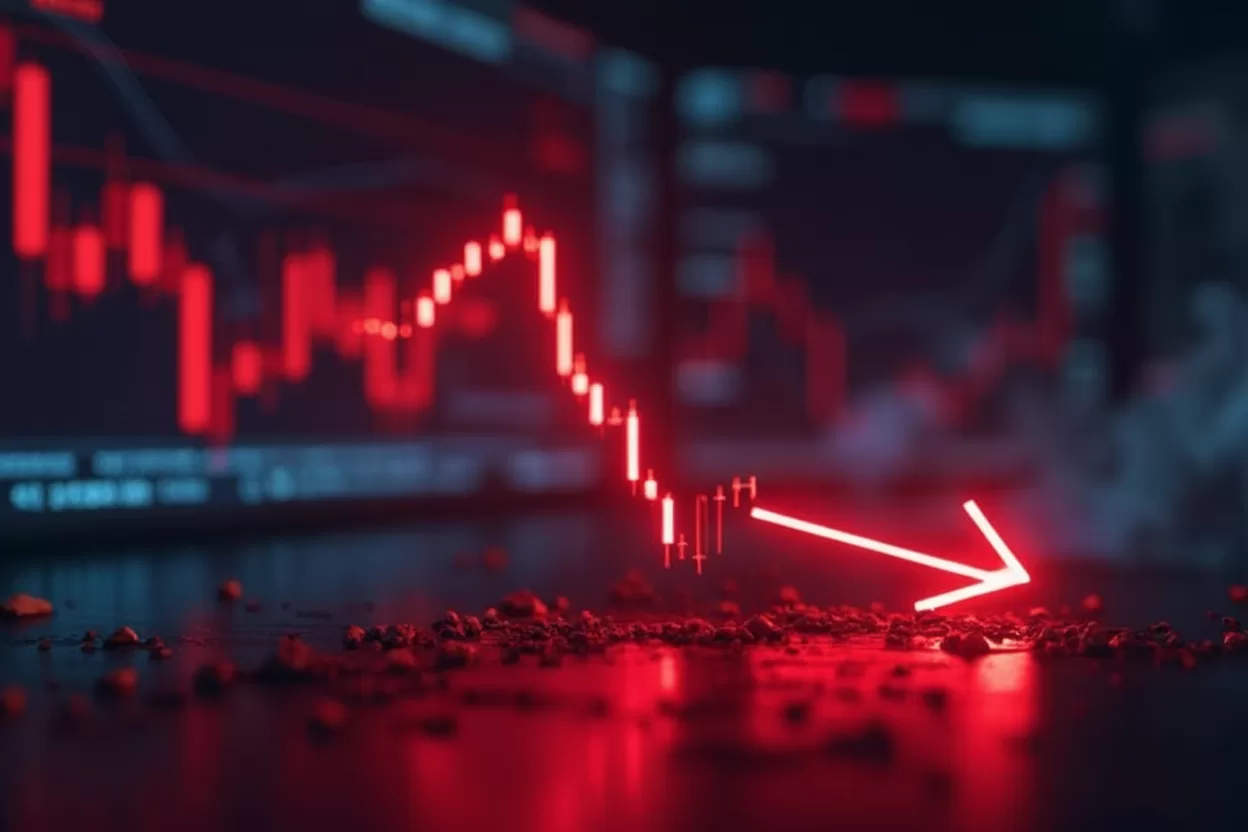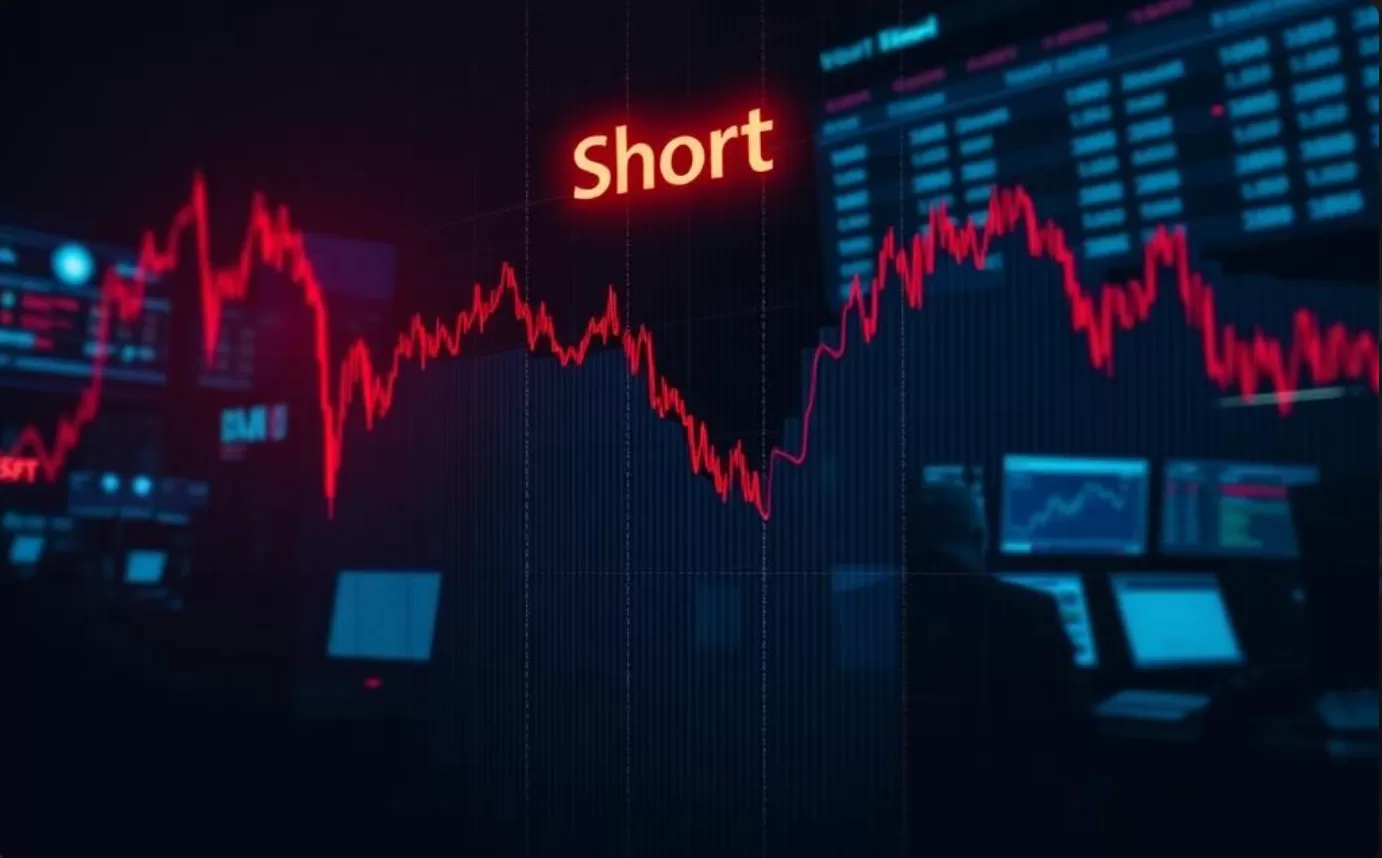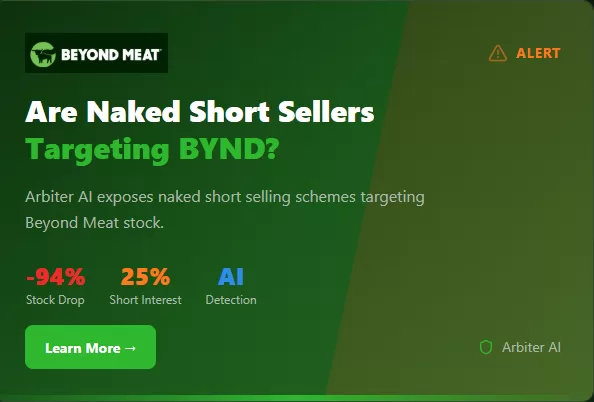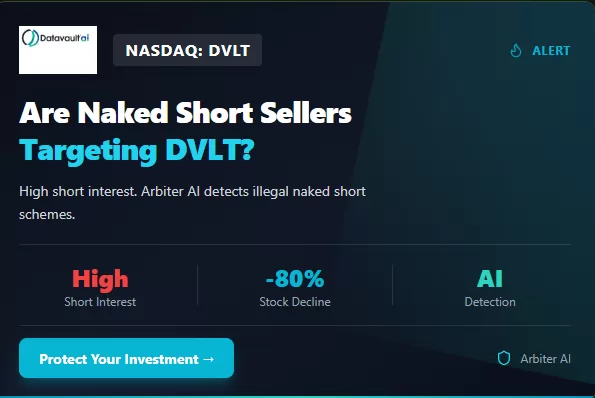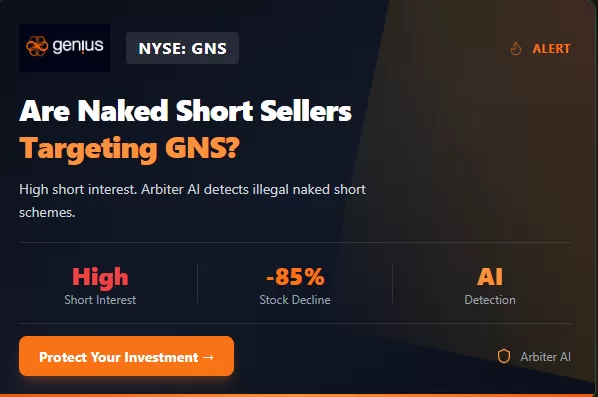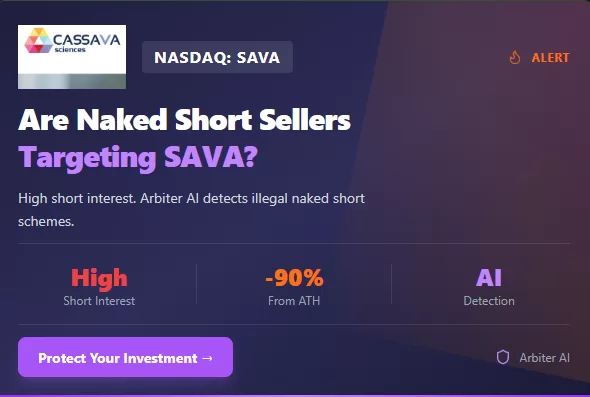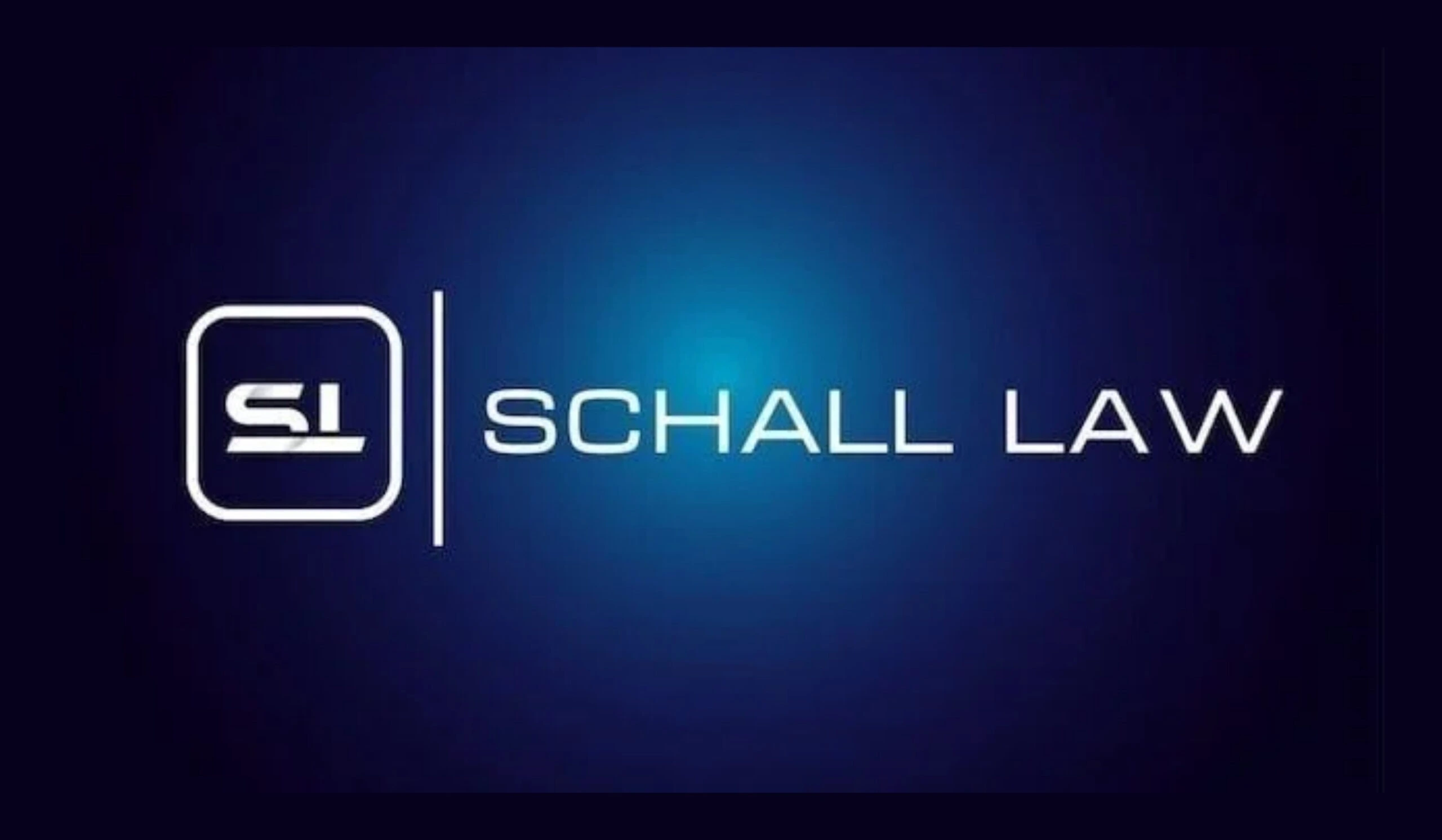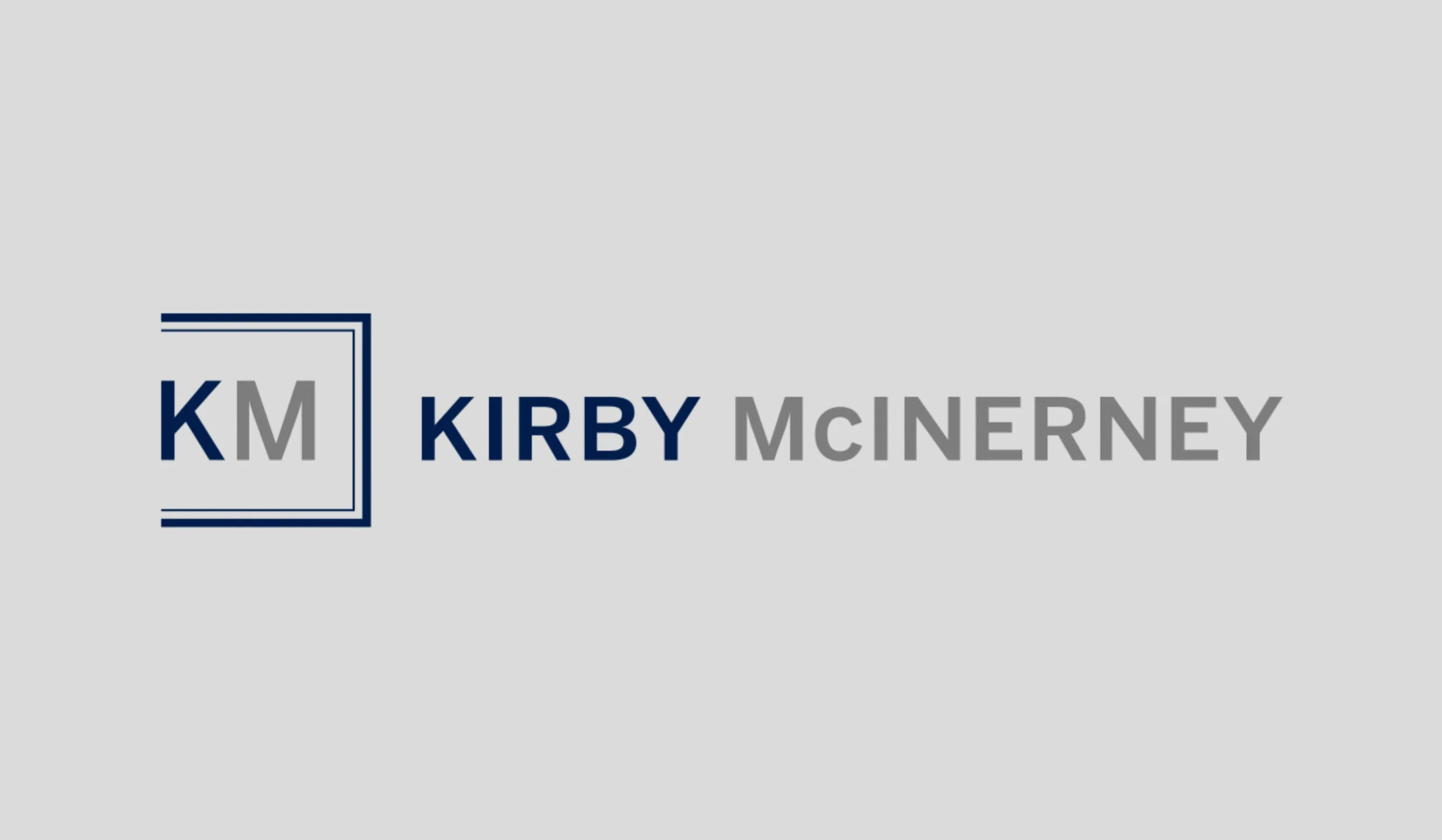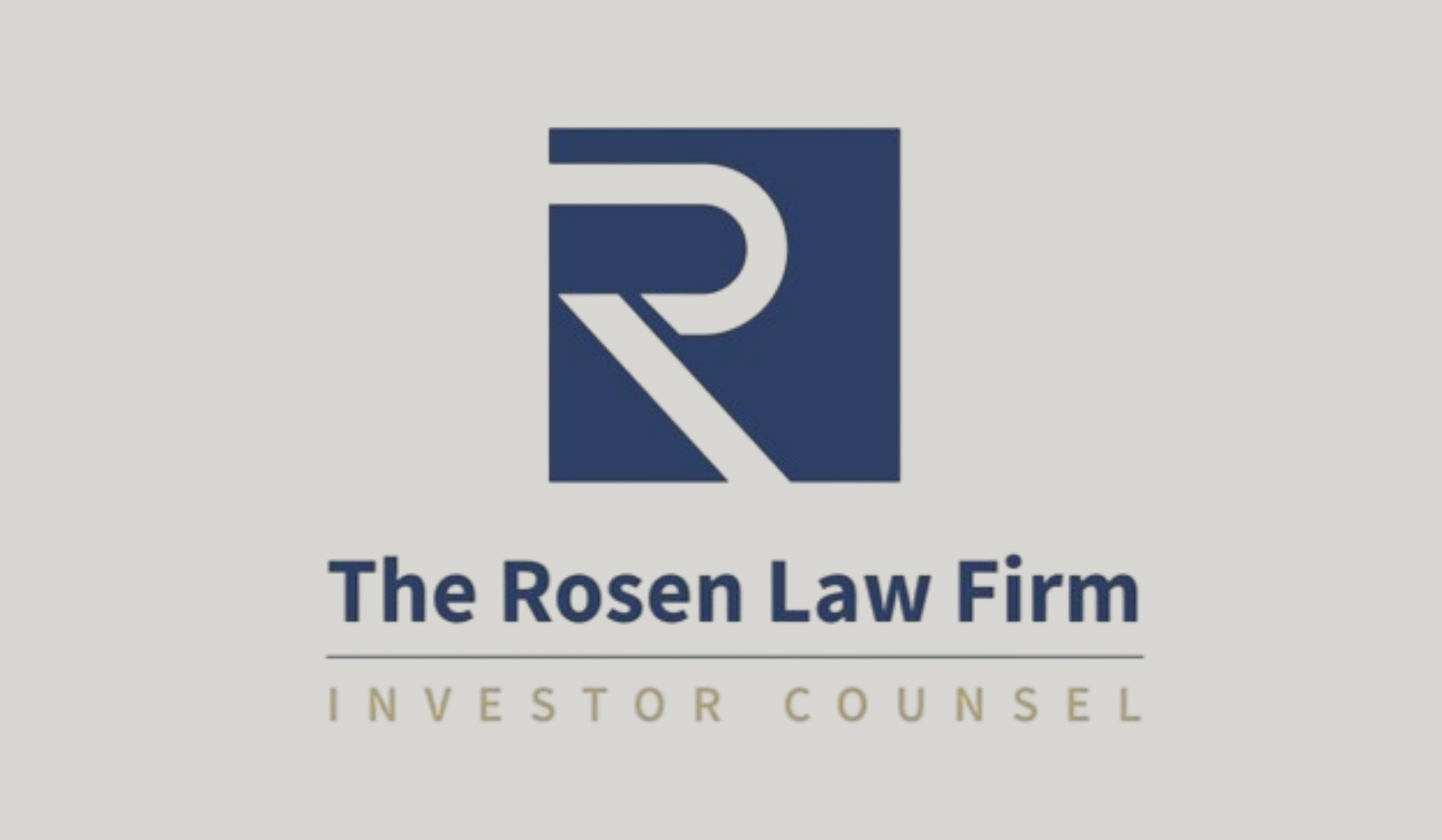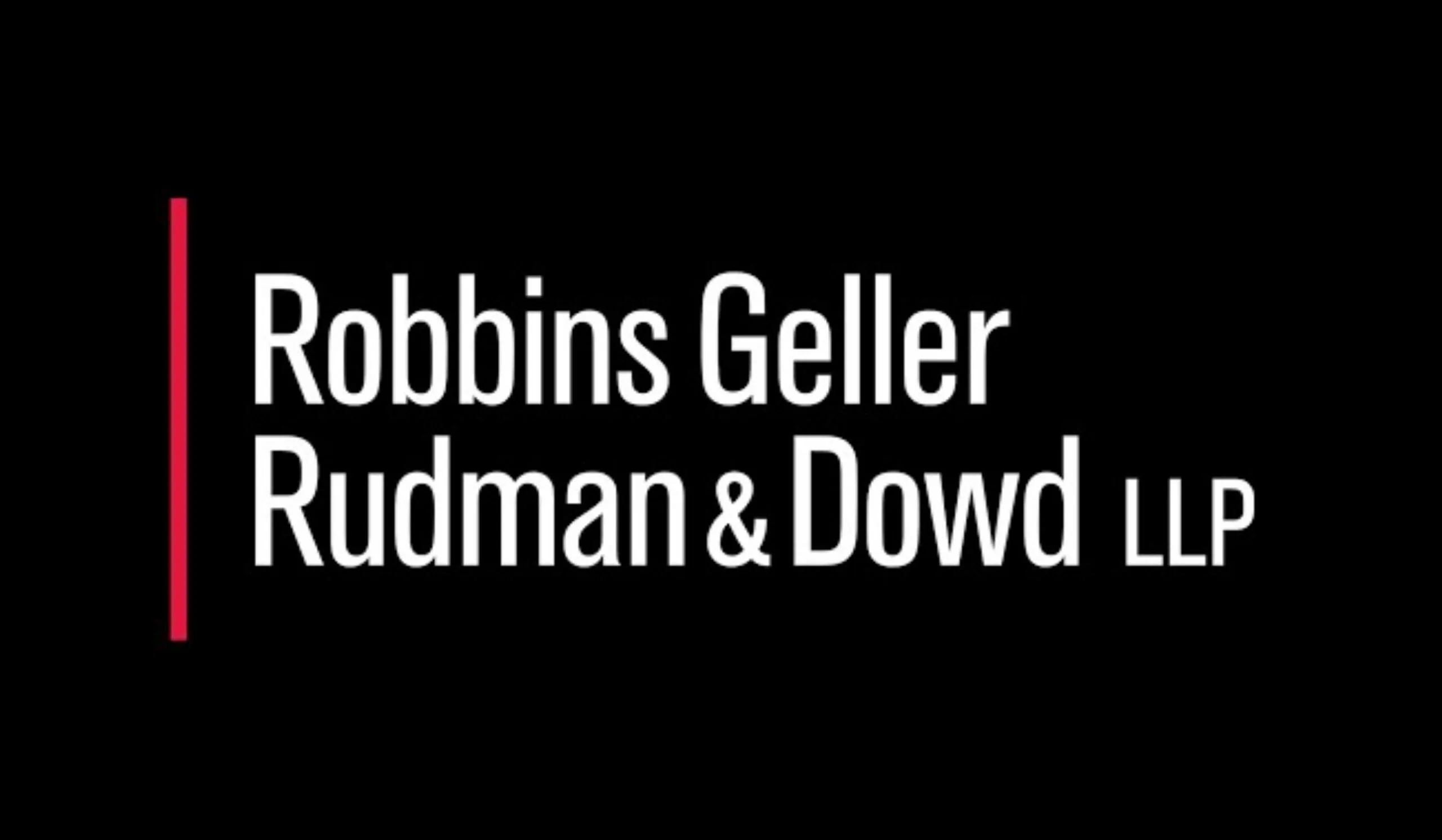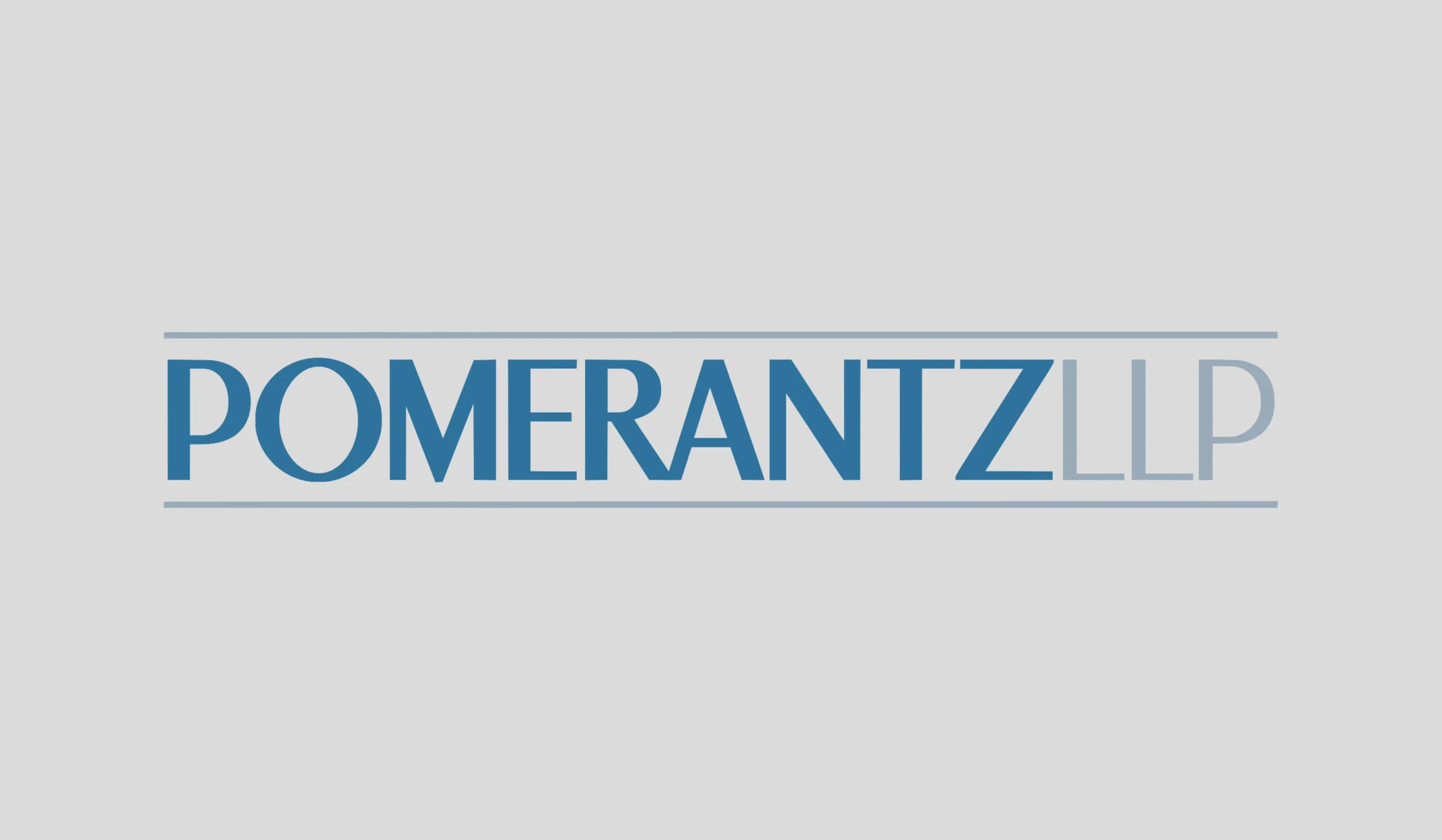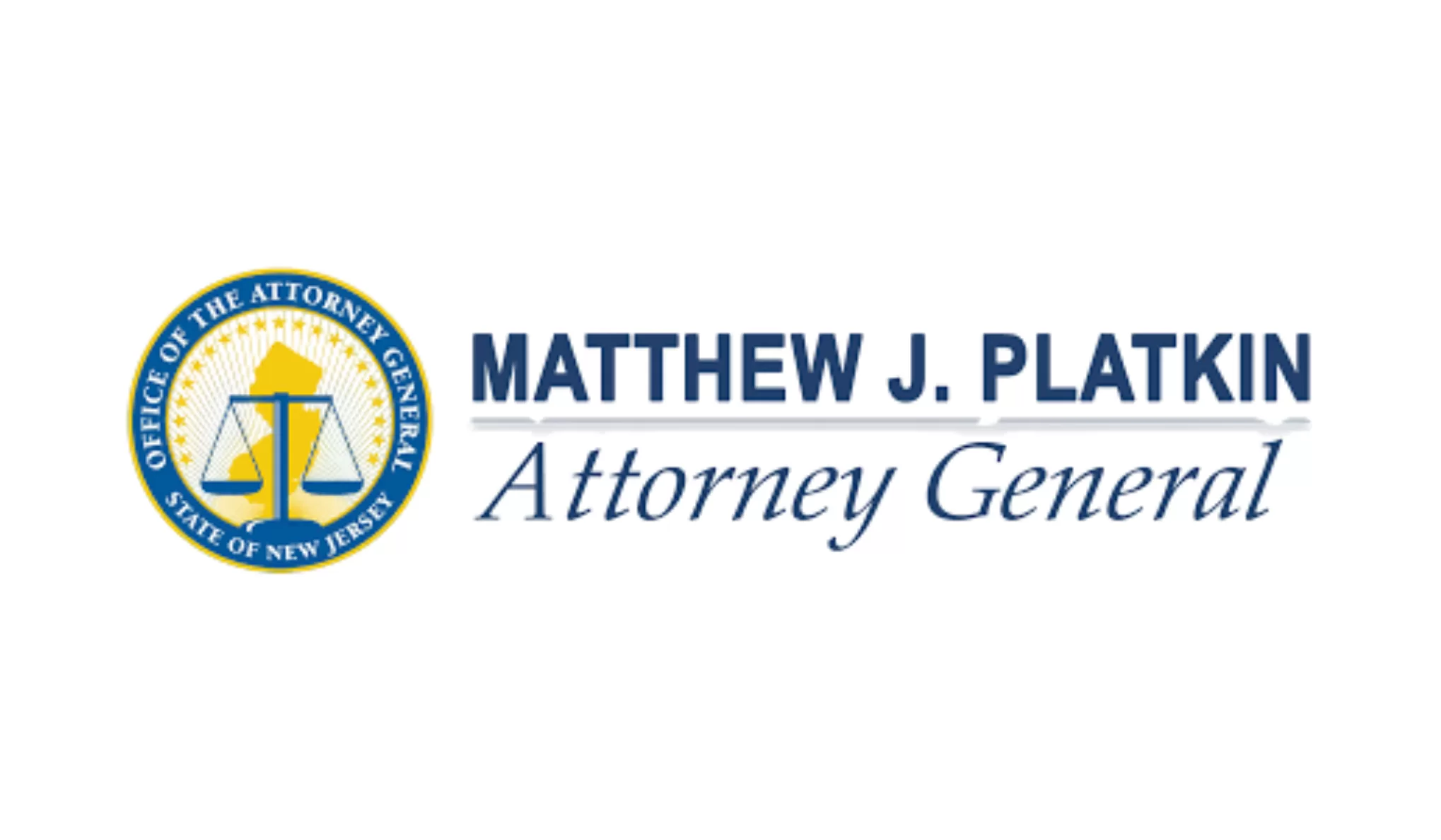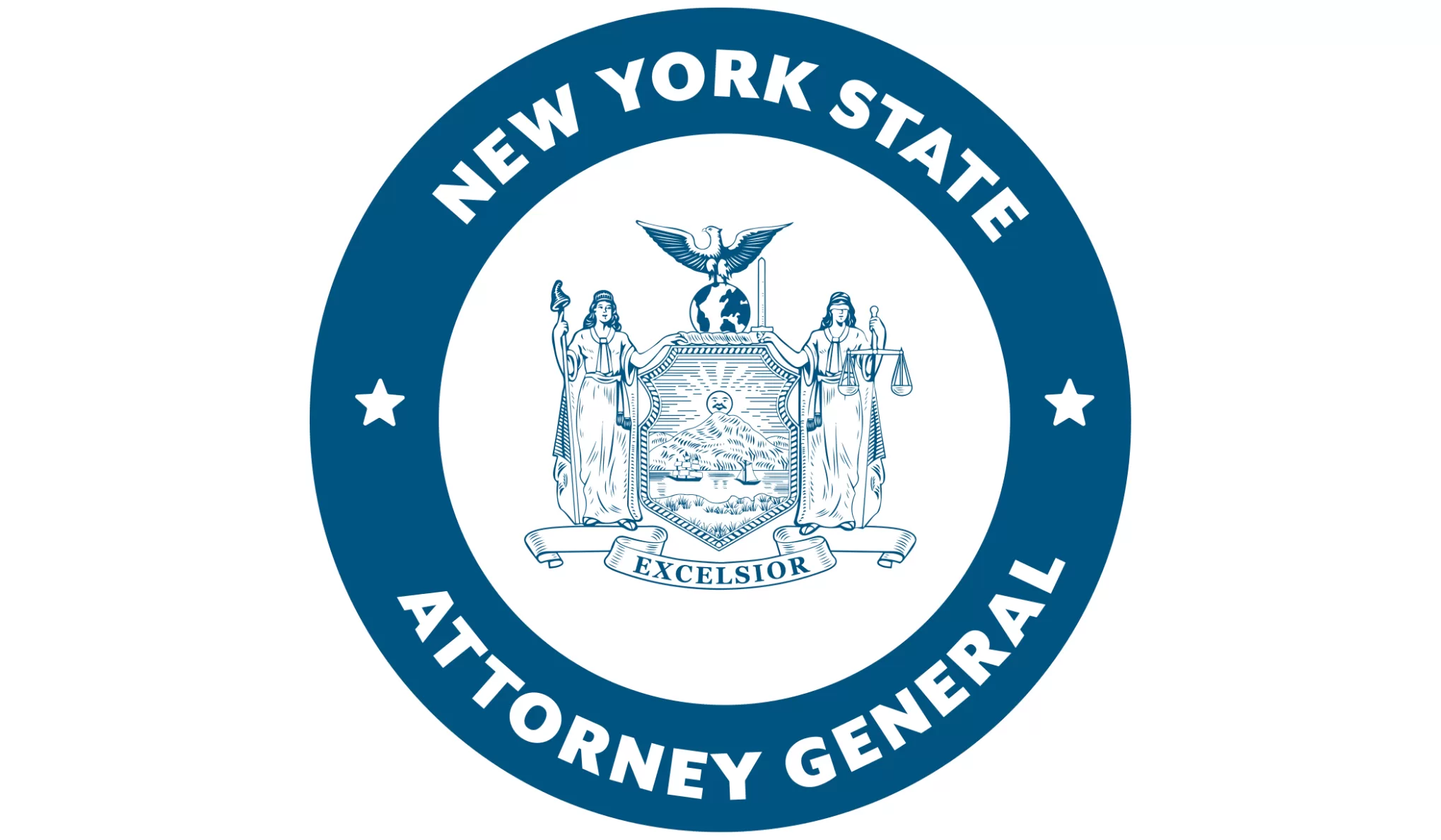The SEC Turns a Blind Eye to the Naked Short Selling Scam
By Michael Quiel
Investigative Reporter
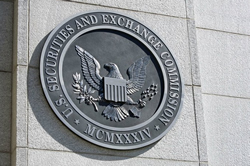
It’s blatantly obvious that the SEC is run by a good-old-boy network of well-connected insiders. Just look at the way they shuffle business cards from White Shoe law firms and Wall Street executive suites to the very top of the regulatory body that’s supposed to protect the public. Like a fox guarding the hen house, it should be no surprise that favoritism and abuse are enabled by a lack of enforcement by the Security and Exchange Commission.
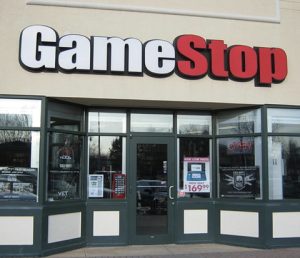 Perhaps nowhere was the violation of public trust more evident and egregious than the massive GameStop (NASDAQ: GME) debacle. Short sellers sold 40 percent more shares in GameStop than had existed. The aftermath sparked bipartisan outrage in a House Financial Services Committee hearing. Both Republicans and Democrats alike were concerned about the dangers of naked short selling, asking, “Why isn’t that manipulation?” and “How do you make sure you are first locating to borrow?” Their concern was justified since naked short selling increases the number of shares in the market, which makes their value drop – more shares mean less value per share. Short selling can also massively disrupt the market, as was revealed during the GameStop fiasco. Sorry to say that the congressional hearing produced nothing but performance politics and sound bites while the same illegal naked short schemes continue to this day – directly under the noses of those sworn to protect investors and the markets.
Perhaps nowhere was the violation of public trust more evident and egregious than the massive GameStop (NASDAQ: GME) debacle. Short sellers sold 40 percent more shares in GameStop than had existed. The aftermath sparked bipartisan outrage in a House Financial Services Committee hearing. Both Republicans and Democrats alike were concerned about the dangers of naked short selling, asking, “Why isn’t that manipulation?” and “How do you make sure you are first locating to borrow?” Their concern was justified since naked short selling increases the number of shares in the market, which makes their value drop – more shares mean less value per share. Short selling can also massively disrupt the market, as was revealed during the GameStop fiasco. Sorry to say that the congressional hearing produced nothing but performance politics and sound bites while the same illegal naked short schemes continue to this day – directly under the noses of those sworn to protect investors and the markets.
Naked short selling is illegal. But who actually protects you from it? Not the SEC.
Short selling is a bet that a stock will go down, selling shares one doesn’t own in hopes of buying the shares back at a lower price to make money on the difference. However – to be legal – the “short position” needs to locate the shorted (sold) shares and that they can be borrowed from brokerage accounts and can be transferred within two days. This type of trading is an important function of the market and can easily account for as much as 50% or more of trading activity on any given day.
Illegal “naked” short selling is selling shares without locating the shares to borrow and available for delivery. Per SEC regulations, “Naked short selling is the unlawful practice of short selling shares that have not been borrowed or located.”
Broker-dealers that make a market in a security and stand ready to buy and sell the security on a regular and continuous basis are excluded or short exempt from this rule. Otherwise, it’s a violation of the marking and locate requirements of Rules 200(g) and 203(b)(1) of Regulation SHO [17 C.F.R. §§ 242.200(g), 242.203(b)(1)] under the Securities Exchange Act of 1934 which regulates the short selling of securities and was designed, in part, to restrict naked short selling and to reduce failures to deliver.
During the GameStop (NASDAQ: GME) debacle over one million shares were deemed “failed-to-deliver,” meaning buyers never got the shares they ordered. In fact, Business Insider reported… “$359 million in stock was in limbo, with buyers lacking cash or sellers not having the shares to settle trades, according to data from the Securities and Exchange Commission.” Pernicious naked shorts led to market turmoil and financial distress for millions.
Why not just locate and borrow the stock?
It’s really costly to locate hard-to-borrow shares. Institutional investors can earn 25 or 30 percent from lending out these shares which is a big loss for the borrowers, most often large hedge funds. So prime brokers, who carry inventory of stocks for high-volume short sellers (mostly hedge funds), simply wink, nod, and do a “locate” and not a “borrow” to assist their favorite clients.
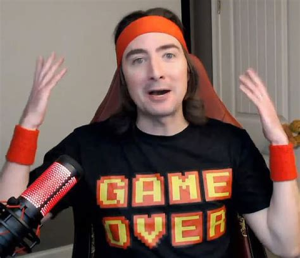
Keith Gill, the investor whose Reddit posts started the GameStop frenzy, likely made one of the most important comments during the congressional hearing. He pointed out that the same share can be “located” dozens of times, even for multiple clients. Gill said, “The ability for the same share to be shorted infinite times is a pathology. We don’t have the ability to track what shares are shorted and how many times.” How can it be that a shorted stock can be “located” multiple times – but be borrowed and delivered only once. Guess that’s some good old boy math.
Prime brokerages – like Goldman Sachs, JPMorgan, and Citi – facilitate and coordinate extensive, complex trading in a variety of financial instruments for hedge funds and institutional clients. It’s beyond curious that these same prime brokers also own the Depository Trust and Clearing Corp (DTCC), which provides clearing and settlement services to the financial markets as well as executes the exchange of securities on behalf of buyers and sellers – in addition the DTCC is the central securities depository providing central custody of securities! In 2011, DTCC settled the vast majority of securities transactions in the United States and about $1.7 quadrillion in value worldwide, easily making it the highest financial value processor in the world.
Time to break the cycle of collusion.
If not outright collusion, facilitating these naked shorts is at the very least the worst of crony capitalism that benefits the few, the wealthy and the connected. It’s a scam embedded in our trading system that’s ignored by market regulators and the stock clearinghouse to benefit the big players. The problem isn’t new and there’s little to no enforcement. Even when crooked brokers, traders and dealers get caught red-handed, they just pay a small fine and write it off as a cost of doing business. A couple million-dollar fine is a mere pittance when you’re pulling in billions.
How can we hold the most powerful financial forces on the planet accountable?
What recourse do issuers and investors have when the SEC doesn’t enforce?
Public exposure or the mere threat of such exposure of miscreants is the way to deliver justice and end these transactions of pure greed and abuse that occur in the public markets. The US~Observer digs-in, uncovers and exposes the bad actors and will not hesitate to expose the regulators that fail to act. We have the ability to publish the dirty deeds in the public markets, protecting issuers and shareholders’ rights.
The US~Observer finds and reveals the truth by investigating and exposing pernicious brokers, short sellers, hedge funds, brokerage firms, and even regulators. We vet public statements and misrepresentations, gather facts and evidence. We investigate to prove a financial motivation to make false statements. No matter if it’s individuals, malefic algorithms, or even the government, they all face exposure in our court of public opinion. In fact, the mere threat of exposure publicly will most often cause the culprit to abandon his corrupt activity immediately.
The US~Observer brings the force of one of the most powerful criminal investigative newspapers in the nation which has successfully battled thousands of criminal cases while exposing corrupt prosecutors and government agents.
The US~Observer is in the business of facilitating your recovery utilizing the only proven method of fighting back against those that seek to profit off your loss, or those looking to harm your company for any nefarious purpose. We threaten to expose them to the world and then do so if necessary. Bottom line, our methods, and strategies work. If it can get dismissals in criminal cases where people are wrongly facing life in prison for a murder they did not commit, it can clear up your business’s issues.
Quickly and decisively fighting back has never before been an option. Regulators don’t do it; the courts take too long; and PR firms aren’t designed to fight those that are wronging your company. Do you really want to wait until your stock is worthless before you start to fight back? We didn’t think so, which is why the corporate financial division of the US~Observer was born.


